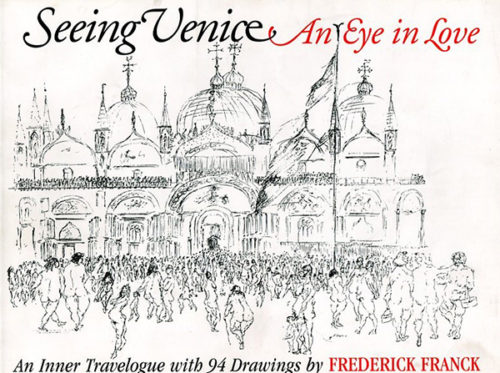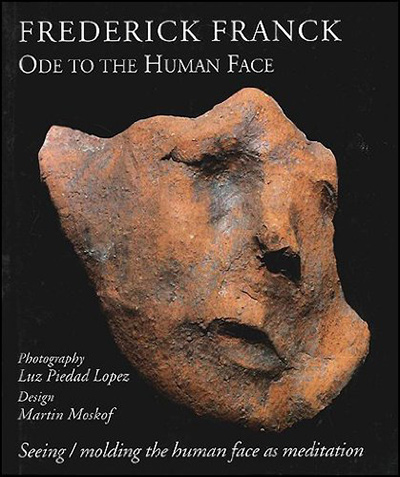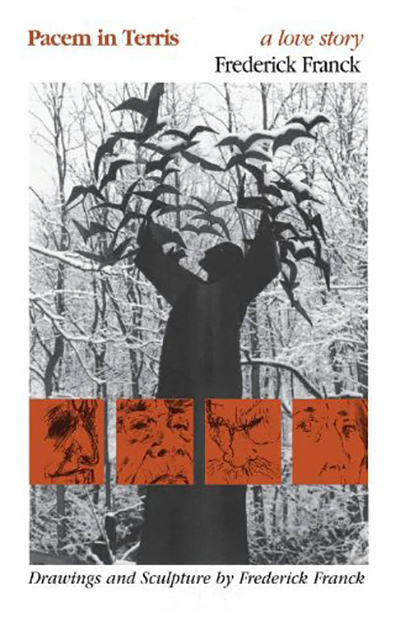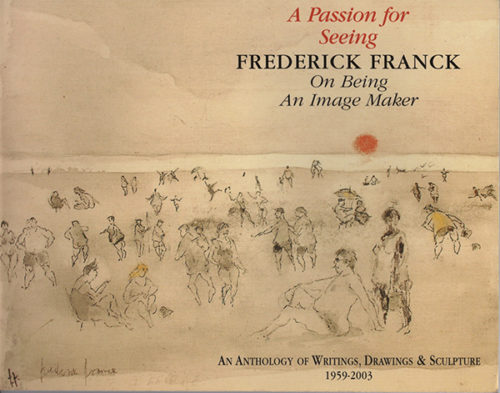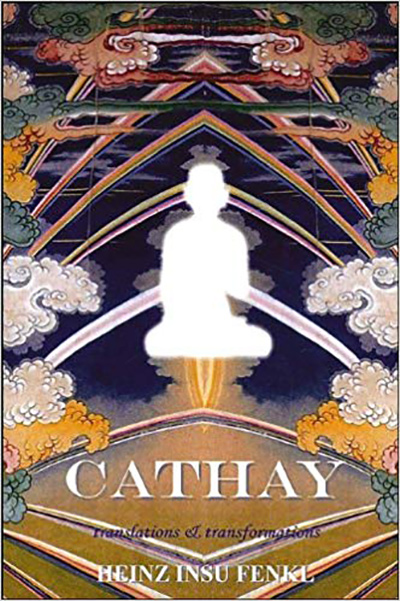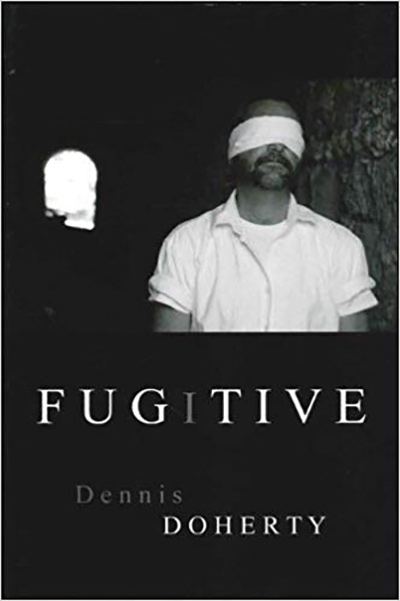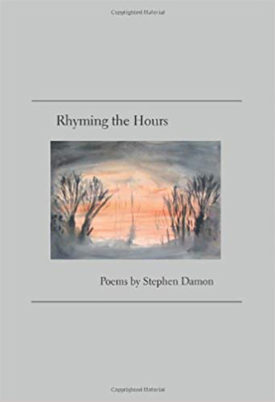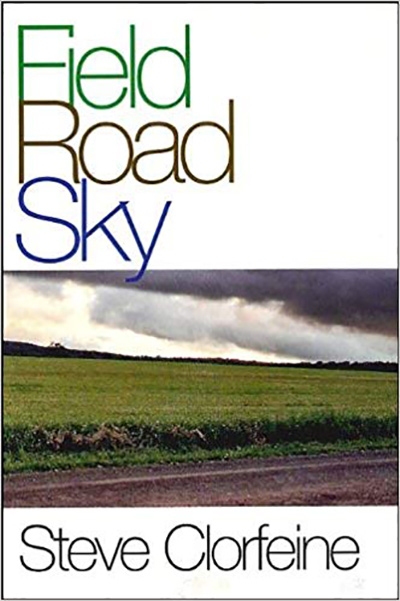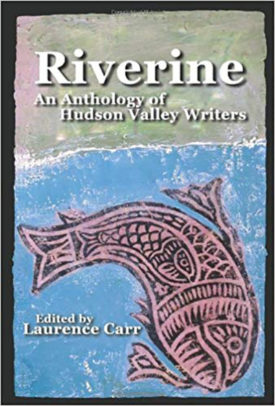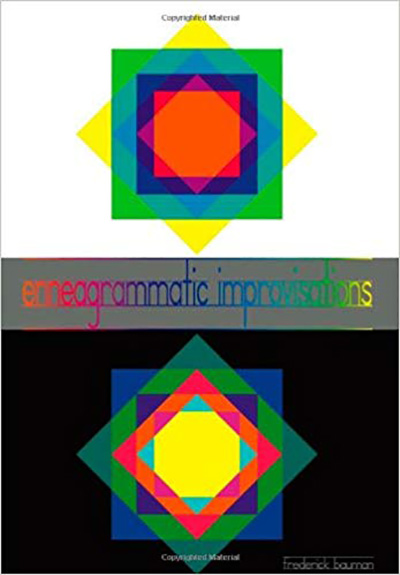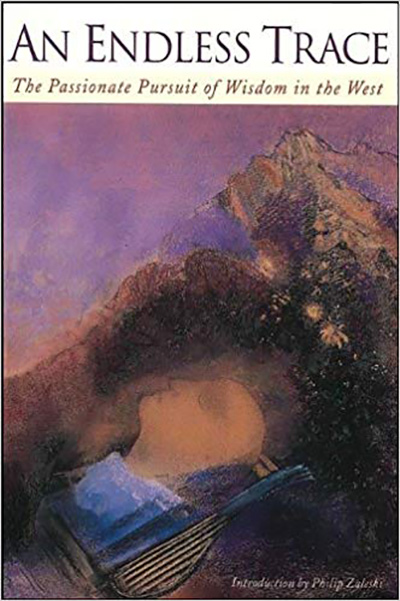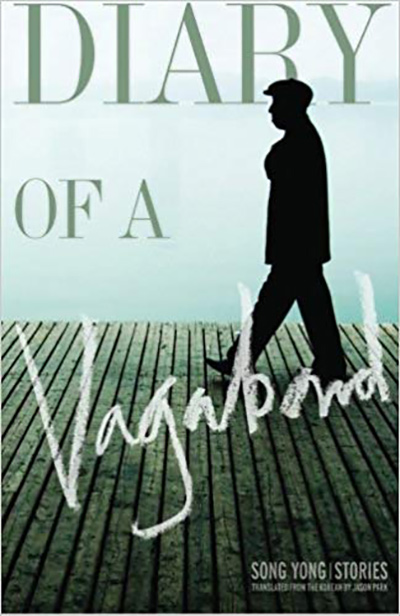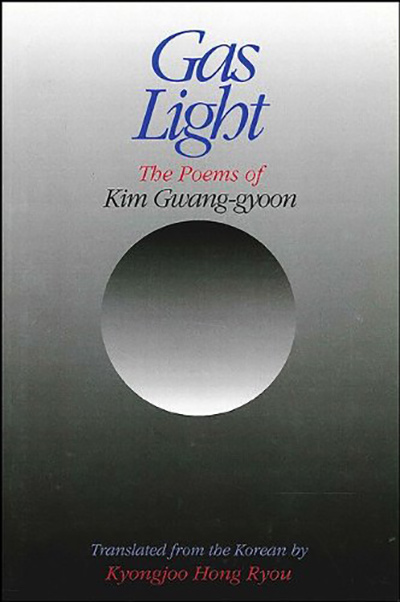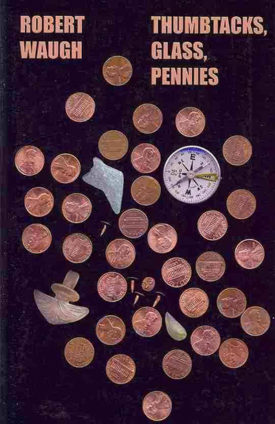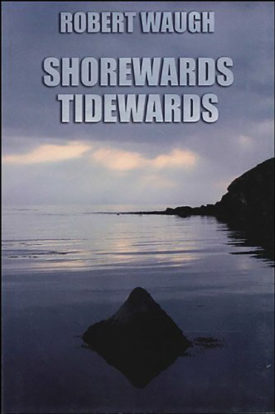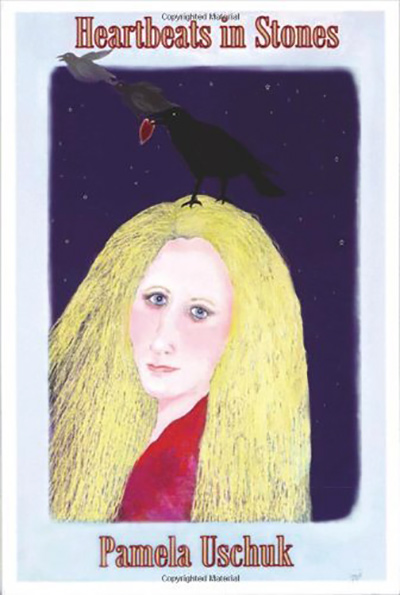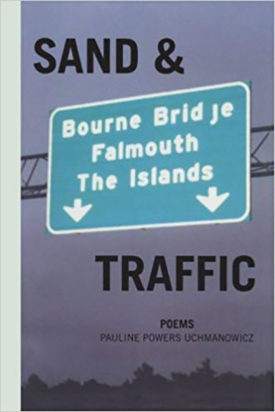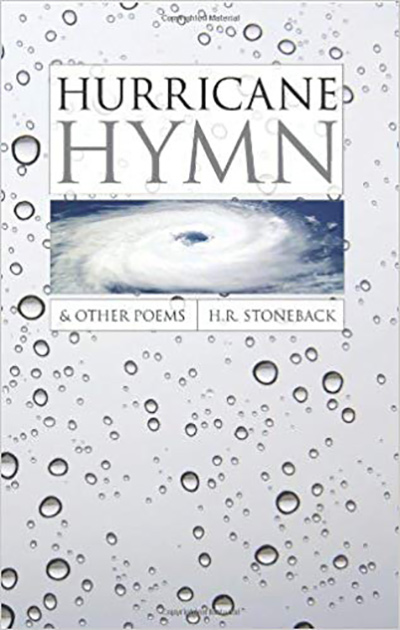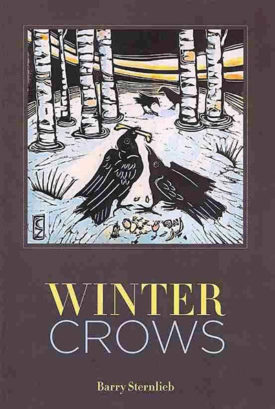—from Seeing Venice
Take a luminous journey deep into the heart of hidden Venice, with Frederick Franck as your guide. His quietly evocative drawings and descriptions bring to vivid life the city of islands, La Serenissima, the Queen of the Sea, "that most human of cities," Venice. Franck explores cafes, alleyways, and the myriad moods and characters of the Venetians, providing an enlivening glimpse into a city he sees as a microcosm of creation, "an immense and living indoor and outdoor studio." "Frederick Frank is one of a rare and precious breed—an authentic troubadour whose lyricism is pure in word and image. He quietly roams our materialistic world and shows us that even here, even now, there is hope for our soul."—Jacob Needleman, author of Money and the Meaning of Life
"Frederick Franck is that rarest of human beings, a true eclectic—in touch with the perennial...and with all his drawings, his beautiful, compassionate drawings!"—Robert Aitken Roshi, author of Taking the Path of Zen


